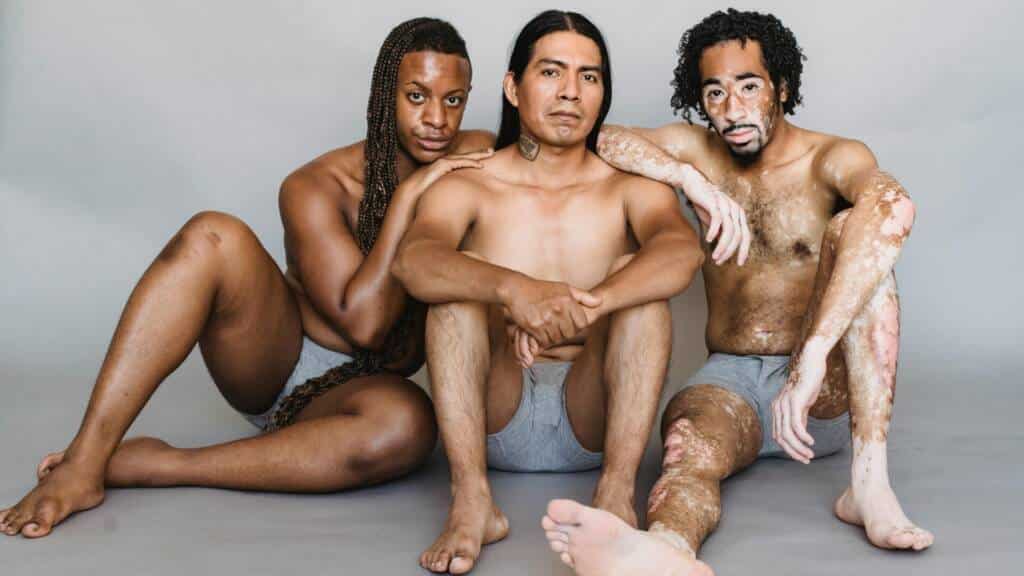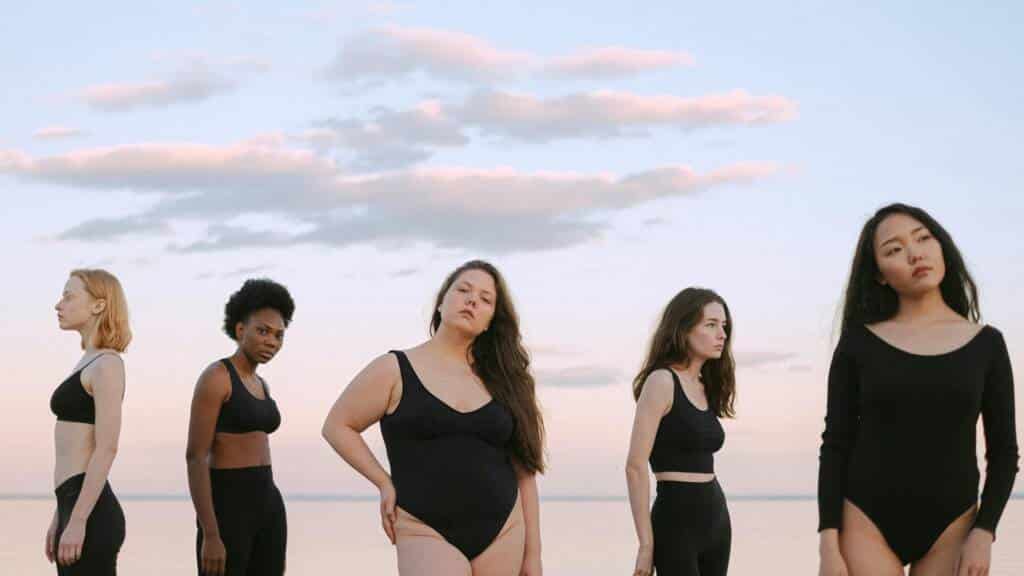World Wellness Weekend 18-19-20 Sept 2026 #WorldWellnessWeekend #WellnessForAll #WellnessWeekend
Publié le

What is beauty? For centuries, humanity has sought to define it, capture it, and conform to its ever-changing standards. From Renaissance paintings celebrating full-figured bodies to the digital age of filtered selfies, beauty has always been a reflection of culture, technology, and societal values.
But in 2025, the definition of beauty is undergoing its most radical transformation yet—one that prioritizes authenticity, inclusivity, and wellbeing over unrealistic ideals.

In the past, beauty was often synonymous with perfection: symmetrical features, flawless skin, and a slender yet curvaceous physique dictated by media and fashion industries.
However, with the rise of social movements advocating for self-acceptance, diversity, and mental health awareness, beauty is no longer about fitting into a mold—it’s about embracing one’s unique traits.
The shift is evident in advertising and social media. Brands that once relied on airbrushed models are now showcasing unretouched images, gray hair, vitiligo, freckles, scars, and all the elements that make individuals truly one-of-a-kind. The message? Real is beautiful.
Artificial Intelligence (AI) and Augmented Reality (AR) have played a major role in shaping modern beauty standards. Beauty-tech innovations, such as personalized skincare powered by AI, have made self-care more accessible.
Meanwhile, the ability to manipulate digital images has led to an increased awareness of the contrast between online portrayals and reality. Platforms like Instagram and TikTok now feature transparency tools that label AI-generated or retouched images, helping consumers navigate the often-blurred lines of digital beauty.
Additionally, the metaverse is influencing beauty trends, with digital avatars allowing people to experiment with unconventional looks—from neon skin tones to entirely new facial structures. While some critics argue that this fosters escapism, others believe it expands the possibilities of self-expression.

A defining factor of beauty in 2025 is inclusivity. The industry is finally amplifying voices and faces that have long been marginalized. Representation matters, and brands are moving beyond tokenism to genuinely embrace diversity in race, age, gender identity, body shape, and ability.
Adaptive beauty products, designed for people with disabilities, are gaining traction. The beauty industry is also seeing a rise in gender-neutral cosmetics and skincare, acknowledging that beauty is not confined to a single identity or expression.
Another major shift is the connection between beauty and well-being. Consumers are more interested in how they feel rather than just how they look.
Skincare is now about health, not hiding imperfections. Haircare focuses on scalp wellness rather than unattainable glossiness.
The wellness movement has merged with the beauty industry, leading to a rise in products infused with adaptogens, probiotics, and clean ingredients that support both inner and outer health.
Sleep, hydration, nutrition, and stress management are now seen as essential aspects of beauty. More than ever, people recognize that true radiance comes from within—both physically and emotionally.
As we move forward, beauty will continue evolving, shaped by technology, culture, and self-awareness.
The most significant takeaway from 2025’s beauty revolution is that beauty is no longer a standard to reach—it’s an experience to embrace. It is personal, ever-changing, and deeply intertwined with self-love and acceptance.
So, what is beauty? The answer is yours to define.